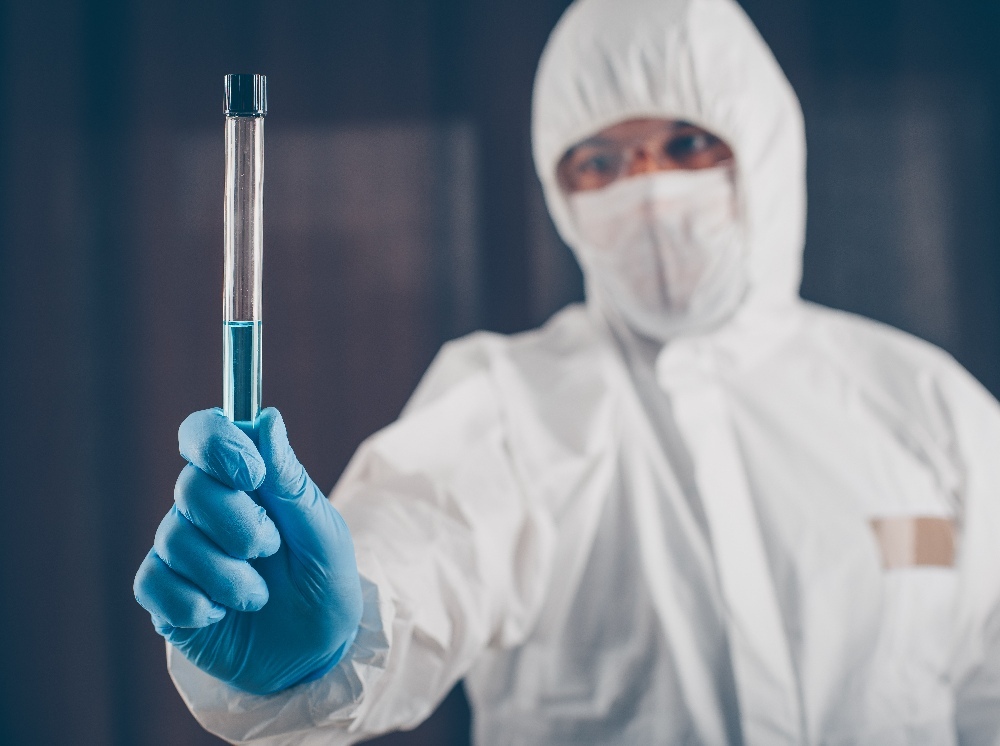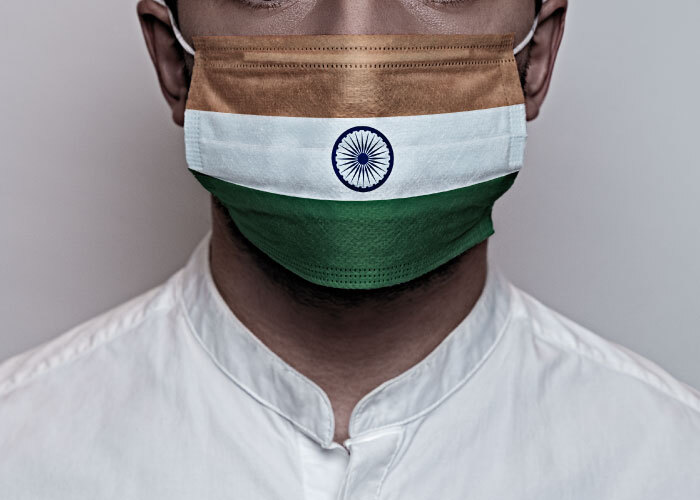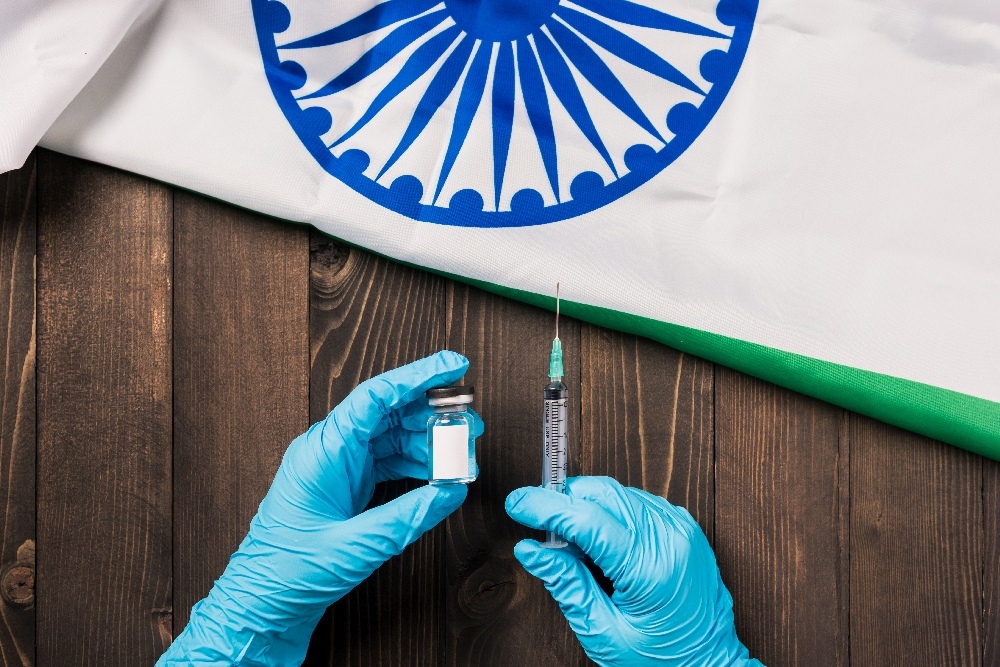Some people have long lasting effects of SARS COV 2 infection- the virus that is known to cause COVID-19. Long COVID refers to symptoms lasting for a period of more than 12 weeks, although few other persons consider symptoms that are seen to last more than 8 weeks to be long COVID. The prolonged state of being in long COVID consists of various symptoms, like shortness of breath, headache, marked fatigue, and loss of ability to taste and smell.
Are you immune to COVID-19 if you get it once?
People who have already been infected with COVID-19 develop an immune response in the first few weeks after getting the infection.
However, research is still ongoing into how strong that ball of protection is and how long it will last. WHO is currently looking into whether the length and strength of the response of the immune system will depend on the kind of infection a person has: if he/she is mild, asymptomatic (without any symptoms) or severe. It’s evident that even people without any noticeable symptoms seem to develop an immune response.
What are the symptoms of Long COVID?
For a few people, the ramifications of coronavirus can last for weeks or months. It can appear like an ongoing cycle of improvement and getting worse again and again.
Long-lasting symptoms of coronavirus may include:
- Fatigue
- Depression
- Anxiety
- Palpitations and breathlessness
- Pain in the chest
- Pain in the joint or muscle
- Not able to focus (‘brain fog’)
These long-term effects have persisted not only amongst the individuals who had to go to the hospital, but even those who felt severely unwell when they first caught the virus.

Is long COVID contagious?
Simply put it in direct words, Long COVID isn’t contagious. Symptoms of Long COVID are caused by the response of your body to the particular virus which continues beyond the initial illness. Moreover, to make sure you avoid passing coronavirus on to someone else, you should self-isolate for 10 days or even more if your symptoms still persist and you still test positive.
How long does it take to recover from long COVID?
Unfortunately, there is presently no way to anticipate how long it takes for an individual to recover from long COVID. It is important to consider that this ain’t special for COVID-19. Experience from various other viruses shows that most symptoms go away within 3 months, while the feeling of tiredness may last up to 6 months. However, this might not apply to every person.
Effects of long COVID:
SARS-CoV-2 virus may cause long-term damage to different organs through-
- a variety of mechanisms
- Direct effects of viral infection and tissue damage
- Excessive inflammation and subsequent damage
- Post-viral autoimmunity
- Complications emerging from the formation of blood clots
Takeaway:
To conclude, remember to boost your mood and be kind to yourself during your recovery. Take rest and don’t exhaust yourself. Remind yourself that your mental health is extremely important. Have a daily routine and keep connecting and communicating with friends and family. In addition, staying active will help in releasing endorphins which eventually will lift up your mood.






